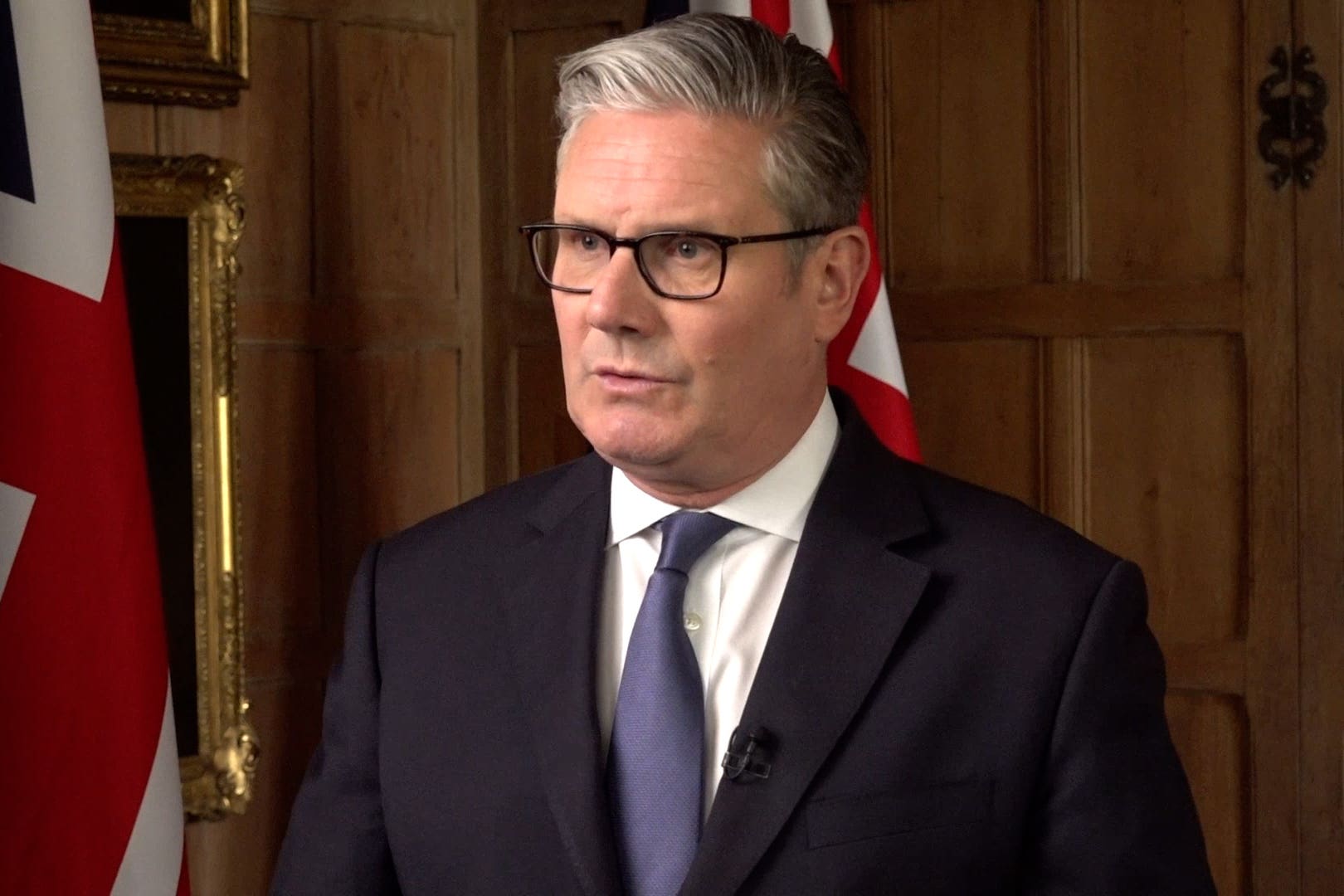David Lammy has warned the West is facing a “moment of peril” after Iran vowed to retaliate following US strikes on three nuclear facilities.
It comes after Donald Trump’s regime conducted airstrikes at Fordo, Isfahan and Natanz despite Sir Keir Starmer pushing for de-escalation in the preceding days.
Asked how concerned the government is about possible retaliation, the foreign secretary warned: “This is a moment of peril.”
“There are neighbours in the region very worried about what the IRGC [Islamic Revolutionary Guard Corps] and what the supreme leader might now do. None of us want to see escalation.
“I was crystal clear to the Iranian regime, it would be a huge, catastrophic mistake to fire at US bases in the region at this time. We have forces in the region at this time. It would be a catastrophic mistake”, he told BBC Breakfast.
But Mr Lammy warned that communication with the Iranian regime is difficult at present because “the supreme leader is somewhere in Iran in a bunker”.
“Messaging to him cannot be easy, but I would urge them to step back at this point”, Mr Lammy added.
His comments came after cabinet minister Jonathan Reynolds warned that the threat to the UK from Iran is already at a "significant level" and could increase following the US strikes.
Over the weekend, the business secretary said "not a week goes by" without an Iranian cyberattack on Britain’s critical national infrastructure, adding that it would be "naive" to think the threat will not escalate.
After the strikes took place, Sir Keir backed Mr Trump’s administration describing Iran’s nuclear programme as a “grave threat to international security”.

But on Monday, Mr Lammy refused to defend US attacks on Iran and confirm it was either legal or even “the right thing to do”.
Speaking to BBC Radio 4’s Today programme, the foreign secretary was asked four times if the attack on Iranian nuclear facilities was legal.
“We were not involved, it is for the Americans to discuss those legal issues," he responded repeatedly.
And asked whether it was the “right thing to do”, the foreign secretary replied: "I've said that we weren't involved in the military action."
Meanwhile, Sir Keir Starmer - whose previous calls for restraint appear to have been ignored by the US administration – has warned the conflict could escalate beyond the region.
“That’s a risk to the region. It’s a risk beyond the region, and that’s why all our focus has been on de-escalating, getting people back around to negotiate what is a very real threat in relation to the nuclear programme”, he said.
It came after Iran launched a ballistic missile barrage against Israel in retaliation to the US action, warning that it “reserves all options” to respond.
The foreign ministry in Tehran issued a statement condemning Mr Trump’s “brutal military aggression against Iran’s peaceful nuclear facilities”.
It added: “The Islamic Republic of Iran is resolved to defend Iran’s territory, sovereignty, security and people by all force and means against the United States’ criminal aggression.”
The Tehran regime has insisted its nuclear programme is peaceful, but its uranium enrichment process has gone far beyond what is required for power stations.
US-Iran latest: Tehran threatens Trump with ‘decisive response’ after strikes
Iran launches missiles and drones at Israel in the wake of US strikes on its nuclear targets
The Strait of Hormuz: Why is it so important and how does it affect oil prices?
Oil prices jump after US attacks Iran nuclear sites
David Lammy refuses to say whether US attack on Iran was ‘right’ or ‘legal’
Energy bills could be cut by up to 25% for thousands of UK businesses







